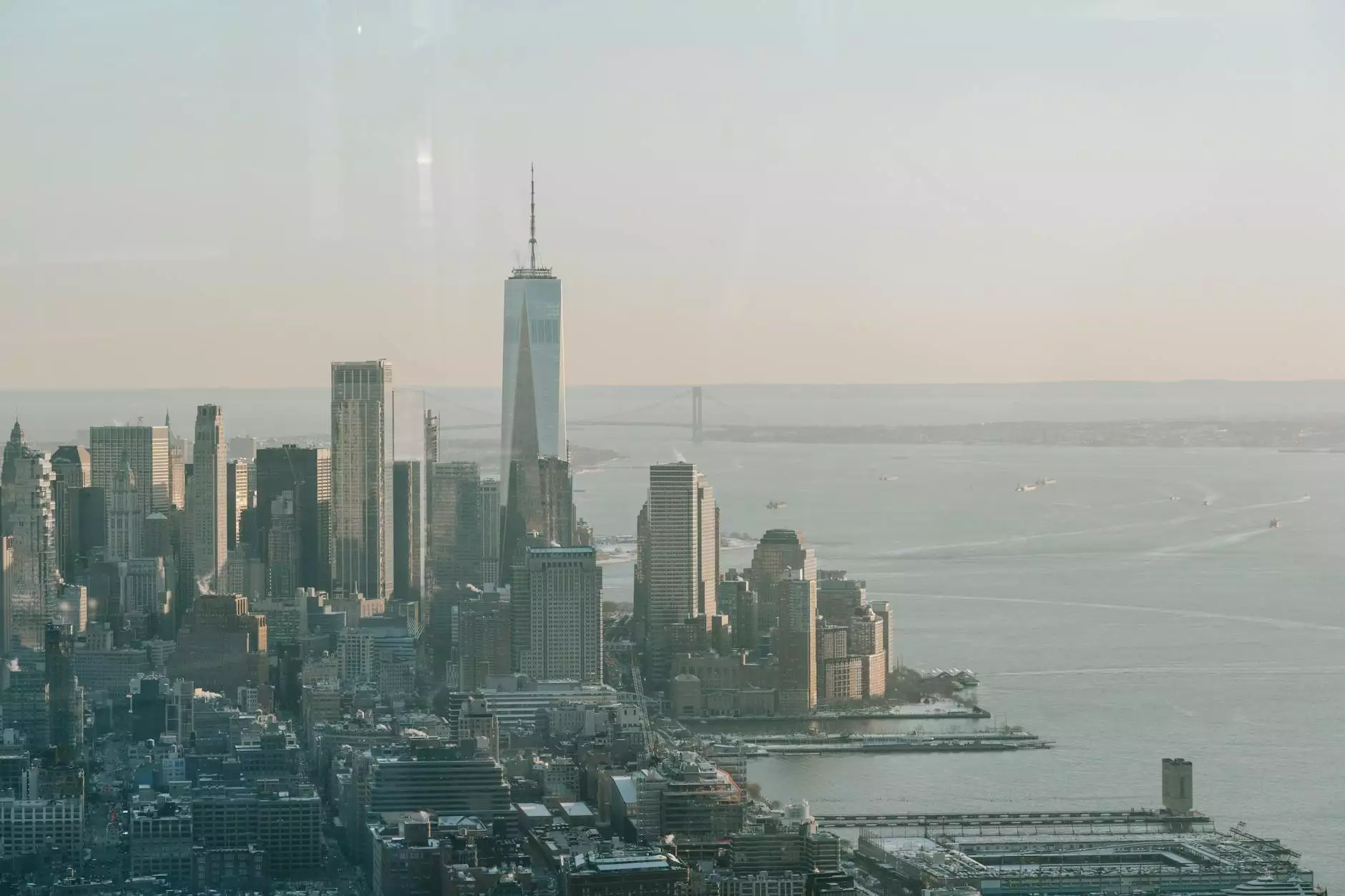D.C. Circuit Court Limits EPA's Sham Recycling Rule

Introduction
Welcome to Richardson Law Firm PC, your trusted source for legal representation in the field of environmental law. In this article, we will discuss the recent ruling by the D.C. Circuit Court that limits the EPA's sham recycling rule. This landmark decision has significant implications for industries and businesses nationwide. Read on to learn more about the ruling and its impact.
The Background: EPA's Sham Recycling Rule
In order to promote sustainable waste management practices, the Environmental Protection Agency (EPA) introduced the sham recycling rule. This rule aimed to distinguish legitimate recycling practices from those that were mere attempts to avoid compliance with hazardous waste regulations.
Under the sham recycling rule, companies would be required to demonstrate that their recycling activities were conducted in a manner that was genuinely recycling and not just a means to circumvent waste disposal regulations. However, this rule faced legal challenges, eventually leading to the recent ruling by the D.C. Circuit Court.
The Ruling: Limitations on the EPA's Sham Recycling Rule
The D.C. Circuit Court's recent ruling places limitations on the EPA's sham recycling rule, offering valuable clarifications and considerations for businesses.
1. Key Factors in Determining Sham Recycling
The court outlined several key factors that should be considered when determining whether a recycling practice is a sham:
- Intent: The court emphasized the importance of assessing the intent behind recycling activities. If the primary purpose is to dispose of hazardous waste rather than to recycle, it may be considered sham recycling.
- Environmental Benefit: Genuine recycling practices should provide an environmental benefit by reducing waste generation or conserving resources. Lack of a genuine environmental benefit may indicate sham recycling.
- Legitimate Recycling Industry Practices: The court acknowledged the importance of considering prevailing industry standards and practices in determining whether recycling activities are legitimate or mere sham.
2. Legal Implications
The ruling by the D.C. Circuit Court has significant legal implications, particularly for industries involved in waste management and recycling. Businesses must ensure compliance with the revised interpretation of the sham recycling rule to avoid potential penalties and litigation.
Contact Richardson Law Firm PC for Expert Environmental Legal Representation
If you require legal guidance or representation related to environmental law and compliance, Richardson Law Firm PC is here to help. Our experienced team of environmental law attorneys is well-versed in navigating complex regulations and providing effective legal strategies.
With a track record of successfully representing clients in environmental law cases, we have the knowledge and expertise to protect your rights and ensure compliance with the latest legal developments, such as the D.C. Circuit Court's ruling on the EPA's sham recycling rule.
Contact Richardson Law Firm PC today to schedule a consultation with one of our highly skilled attorneys. We are dedicated to providing you with the best legal representation in the field of environmental law.









